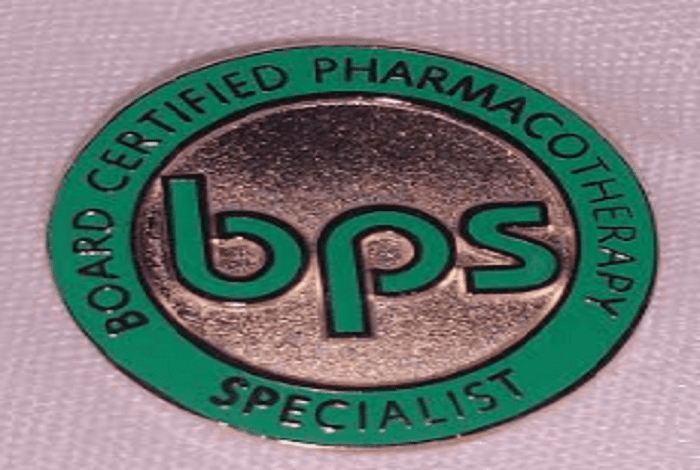A few folks out there have created a BCPS study guide that I was extremely grateful to have as I prepared to take and pass my exam. I wanted to give you my most important tips for passing the BCPS exam.
Tip 1: This has been stated by many pharmacists, but the key to passing this exam starts and ends with statistics. In creating my practice exam, I felt like I had way too many study design/biostatistics/regulatory…questions, but just look at the percentage layout of the exam. BPS lists that percentage as 25% of the exam. That’s 44 out of 175 questions! Don’t be caught off guard. Click here for more info on a Statistics Study Guide specific for the BCPS exam.
Tip 2: Know your weaknesses. Creating a BCPS Study Guide should be individualized. In my case, I am not an expert ICU or HIV pharmacist. I hit those areas (along with statistics, did I get my point across in Tip 1!?) more than the rest. Geriatrics is my baby, so I didn’t need to hammer that too hard 🙂
Tip 3: Study. This is a simple one. Any good BCPS study guide will have a heavy focus on the study aspect 🙂 In all seriousness, if it has been a while since you’ve been in school or have taken another certification exam, I would suggest you start studying sooner rather than later. I believe that residents and younger graduates who did well in college will have an easier time getting into that groove. They also may have an easier time being current on topics that they don’t use much in their practice versus the pharmacist that may not have intensely studied an HIV drug in 10-20 years. In addition, read the content outline so you know where to start!
Tip 4: Answer every question! This is right from BPS website “It is to the candidate’s advantage to answer every question on the examination. There is no penalty in the scoring formula for guessing.” You have to set a decent pace if you are a slow test taker and you have to answer every question!
Tip 5: Odds are likely if you’ve been working clinically for a while, you will have a good grasp on basic lab values. If you don’t know basic lab values, you will find yourself looking them up frequently which if you are a moderate to slow test taker may cost you dearly(see Tip 5). I would suggest you memorize some basic ones if you haven’t already – BMP, CBC, LFT, and some of the major narrow therapeutic index drugs like phenytoin, digoxin, lithium etc.
Interested in study material? – check out what myself and 4 other BCPS certified pharmacists put together to help you pass the pharmacotherapy exam!



Thank you so much for this post and encouraging remarks!
I will be taking the bps exam this year. Thank you for giving such wonderful tips. I look forward to your practice exam questions.
No problem, more to come on this topic!
Thank you so much, those are really helpful tips
You are helping me alot ♡♡
Can u tell us more about the exam theme? I know its 200q in 2 parts with break in between!
Do part 2 focus on certain topics so we can review them more during the break time between the parts?
Its 5 hours exams
Ist like 2.5 hours per 100 questions?
If i purchase ur 200q exam i will receive it online on the same day?
Sorry for so many questions but my exam on the 26th and i guess im the first one to take it in my country :s
I believe they have now reduced the BCPS exam to 175 questions? Yes you will receive it right away following purchase – they will be a link to click on to download following purchase. There is also a backup link sent to your email. That is very cool that you are the first one in your country! I don’t think there is any set way they deliver the questions in part one or part two – best wishes! Eric
Would you recommend the ASHP or ACCP study guides?
I am familiar with ACCP, anyone else have thoughts on or used ASHP?
Does the exam provide equations/formulas and the common lab values? Or do I have to memorize it all? Thank you
Equations and formulas I don’t believe are available. Lab values are provided. However, with lab values, I would encourage you to recognize common, out of range lab values quickly. For instances, you should know that a potassium of 6.5 is high. You can look it up, but if you have to look up every lab during your exam, you run the risk of running out of time. Hope that helps! Eric